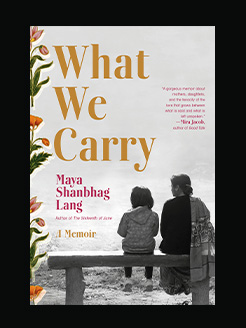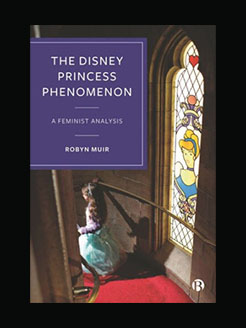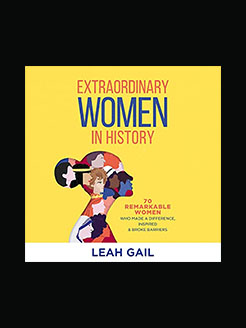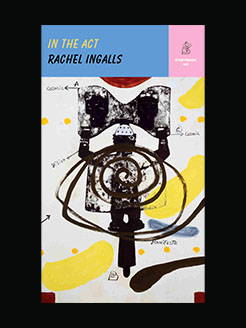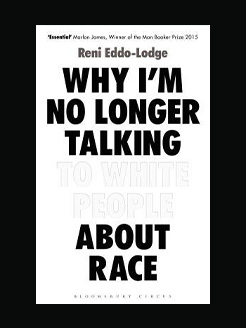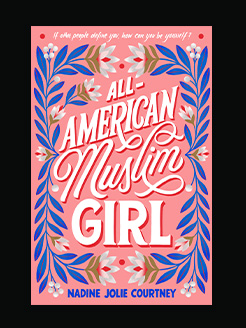Published in 2020
128 pages
Jane Hirshfield is the author of nine books of poetry, including Ledger; The Beauty; Come, Thief; and Given Sugar, Given Salt. She is also the author of two now-classic collections of essays, Nine Gates: Entering the Mind of Poetry and Ten Windows: How Great Poems Transform the World, and has edited and co-translated four books presenting the work of world poets from the past.
Her books have received the Poetry Center Book Award, the California Book Award, and the Donald Hall-Jane Kenyon Prize in American Poetry and have been finalists for The National Book Critics Circle Award and England’s T. S. Eliot Prize and long-listed for the National Book Award. Hirshfield has received fellowships from the Guggenheim and Rockefeller foundations, the National Endowment for the Arts, and the Academy of American Poets, and she presents her work at literary and interdisciplinary events worldwide. Her poems appear in The New Yorker, The Atlantic, The New York Review of Books, The Times Literary Supplement, The Washington Post, The New York Times, New Republic, Harper’s Magazine, and Poetry, and have been selected for ten editions of The Best American Poetry.
A resident of Northern California, she is a 2019 elected member of the American Academy of Arts and Sciences and a former chancellor of the Academy of American Poets.
What is this book about?
A book of personal, ecological, and political reckoning from the internationally renowned poet named “among the modern masters” (The Washington Post).
Ledger‘s pages hold the most important and masterly work yet by Jane Hirshfield, one of our most celebrated contemporary poets. From the already much-quoted opening lines of despair and defiance (“Let them not say: we did not see it. / We saw”), Hirshfield’s poems inscribe a registry, both personal and communal, of our present-day predicaments. They call us to deepened dimensions of thought, feeling, and action. They summon our responsibility to sustain one another and the earth while pondering, acutely and tenderly, the crises of refugees, justice, and climate. They consider “the minimum mass for a whale, for a language, an ice cap,” recognize the intimacies of connection, and meditate upon doubt and contentment, a library book with previously dog-eared corners, the hunger for surprise, and the debt we owe this world’s continuing beauty. Hirshfield’s signature alloy of fact and imagination, clarity and mystery, inquiry, observation, and embodied emotion, has created a book of indispensable poems, tuned toward issues of consequence to all who share this world’s current and future fate.
